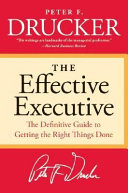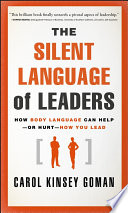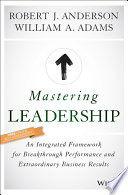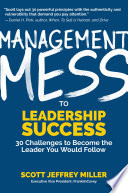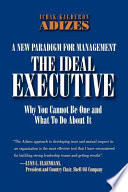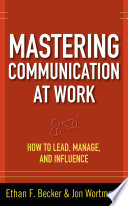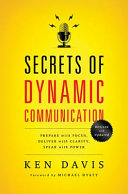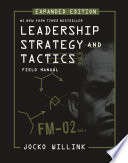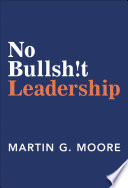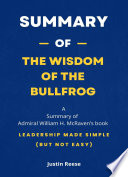Summary
In 'The Effective Executive', Peter Drucker presents a compelling framework for executives to enhance their effectiveness in leadership roles. The book is rooted in the belief that effectiveness is a skill that can be learned and developed. Drucker argues that many executives struggle with their roles due to a lack of focus on essential practices that drive organizational success. The primary purpose of the book is to provide practical insights and strategies that enable executives to manage their time, make informed decisions, and foster a results-oriented culture.
Drucker begins by emphasizing the importance of time management. He posits that executives often find themselves overwhelmed by the demands of their roles, leading to inefficiencies and suboptimal performance. By understanding how they spend their time and eliminating distractions, executives can allocate their efforts toward high-impact activities. This foundational principle sets the stage for the other key ideas presented in the book.
The focus on results is another critical aspect of effective executive leadership. Drucker encourages leaders to define clear goals and objectives, ensuring that their teams are aligned with the organization's mission. This results-oriented mindset fosters accountability and drives performance, enabling executives to measure their impact on the organization.
Decision-making is another key theme in the book. Drucker highlights the need for a systematic approach to decision-making, which involves gathering relevant information, analyzing alternatives, and considering potential outcomes. By involving their teams in this process, executives can leverage diverse perspectives and make more informed choices.
Innovation and change are also central to Drucker's philosophy. In a rapidly evolving business environment, effective executives must embrace change and foster a culture of innovation. This involves encouraging creative thinking and being open to new ideas, which can drive organizational growth and adaptability.
Building relationships is a vital skill that Drucker emphasizes throughout the book. Effective communication, collaboration, and networking are essential for executives to cultivate trust and respect within their teams and with external stakeholders. By fostering strong relationships, executives can enhance collaboration and drive better results.
Drucker also advocates for continuous learning as a critical trait for effective leadership. In an ever-changing landscape, executives must stay informed about industry trends and best practices. This commitment to learning not only enhances their capabilities but also inspires their teams to embrace a mindset of growth and development.
Finally, effective communication is highlighted as a key skill for executives. Clear and concise communication fosters alignment and collaboration, while active listening encourages open dialogue within teams. By mastering communication, executives can build a cohesive organizational culture and drive success.
Overall, 'The Effective Executive' serves as a practical guide for leaders seeking to enhance their effectiveness. Drucker's insights are grounded in real-world experience and provide actionable strategies that can be applied across various organizational contexts. The book is a timeless resource for executives at all levels, offering a roadmap to navigate the complexities of leadership and drive meaningful results.
